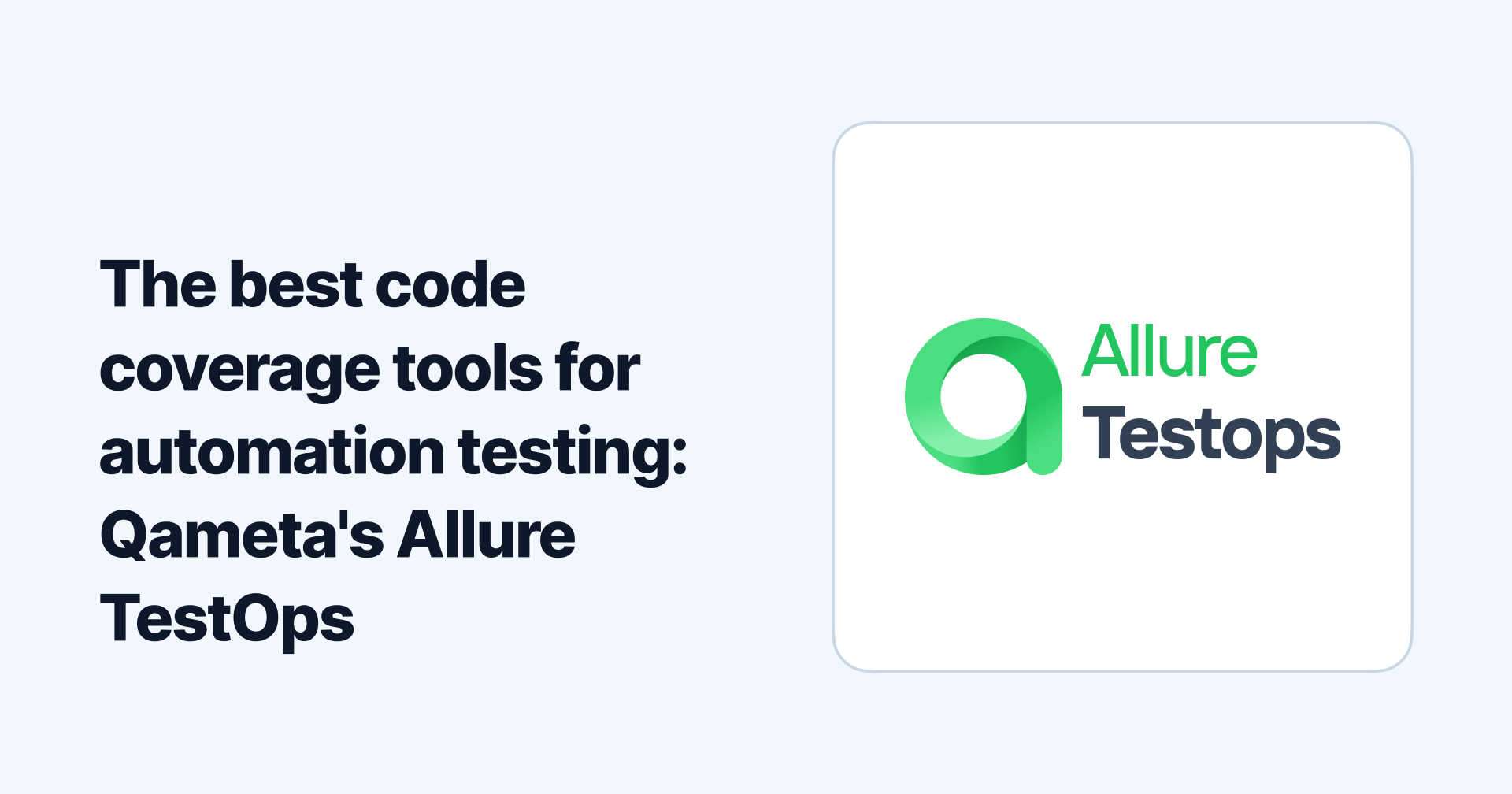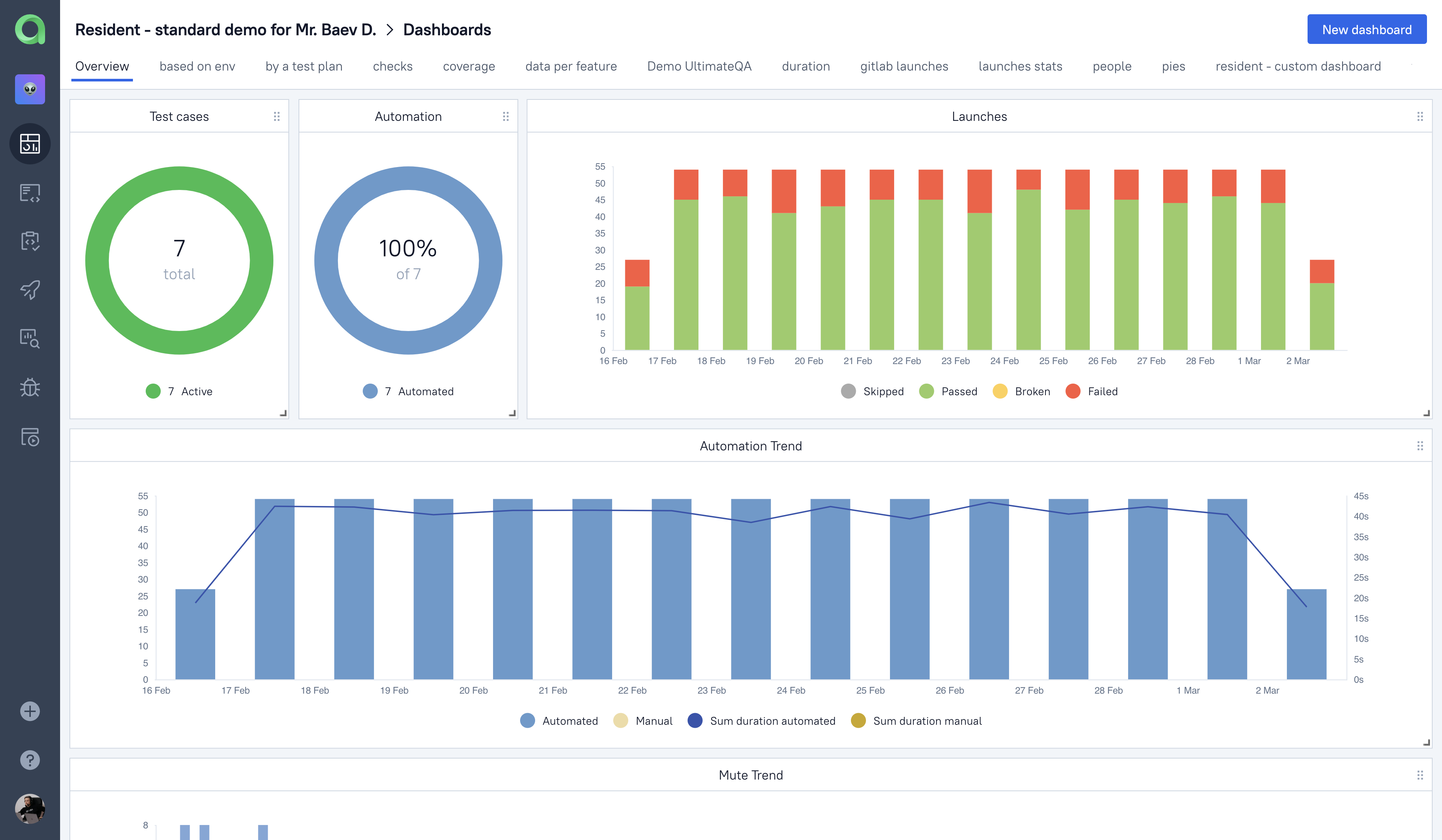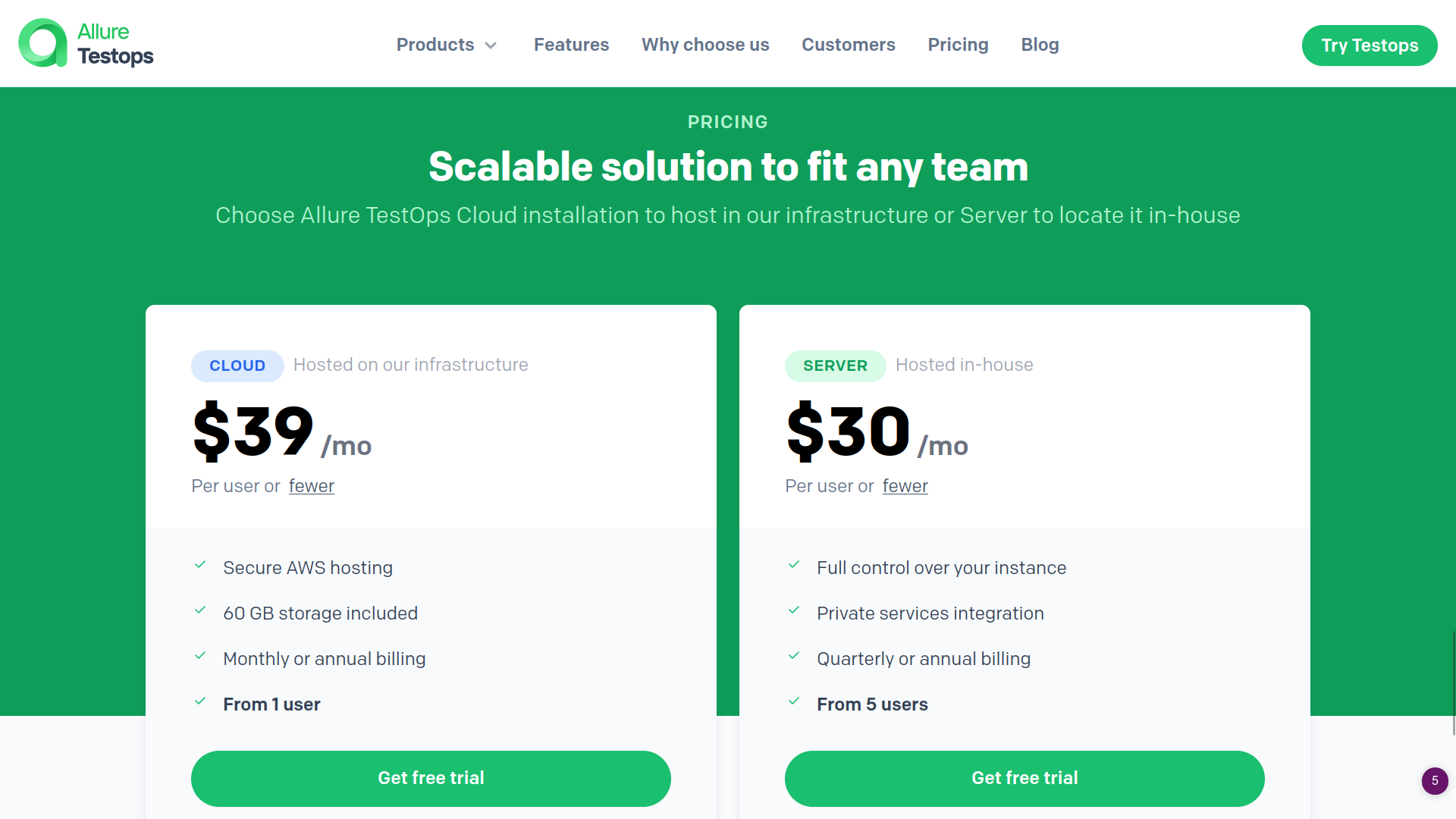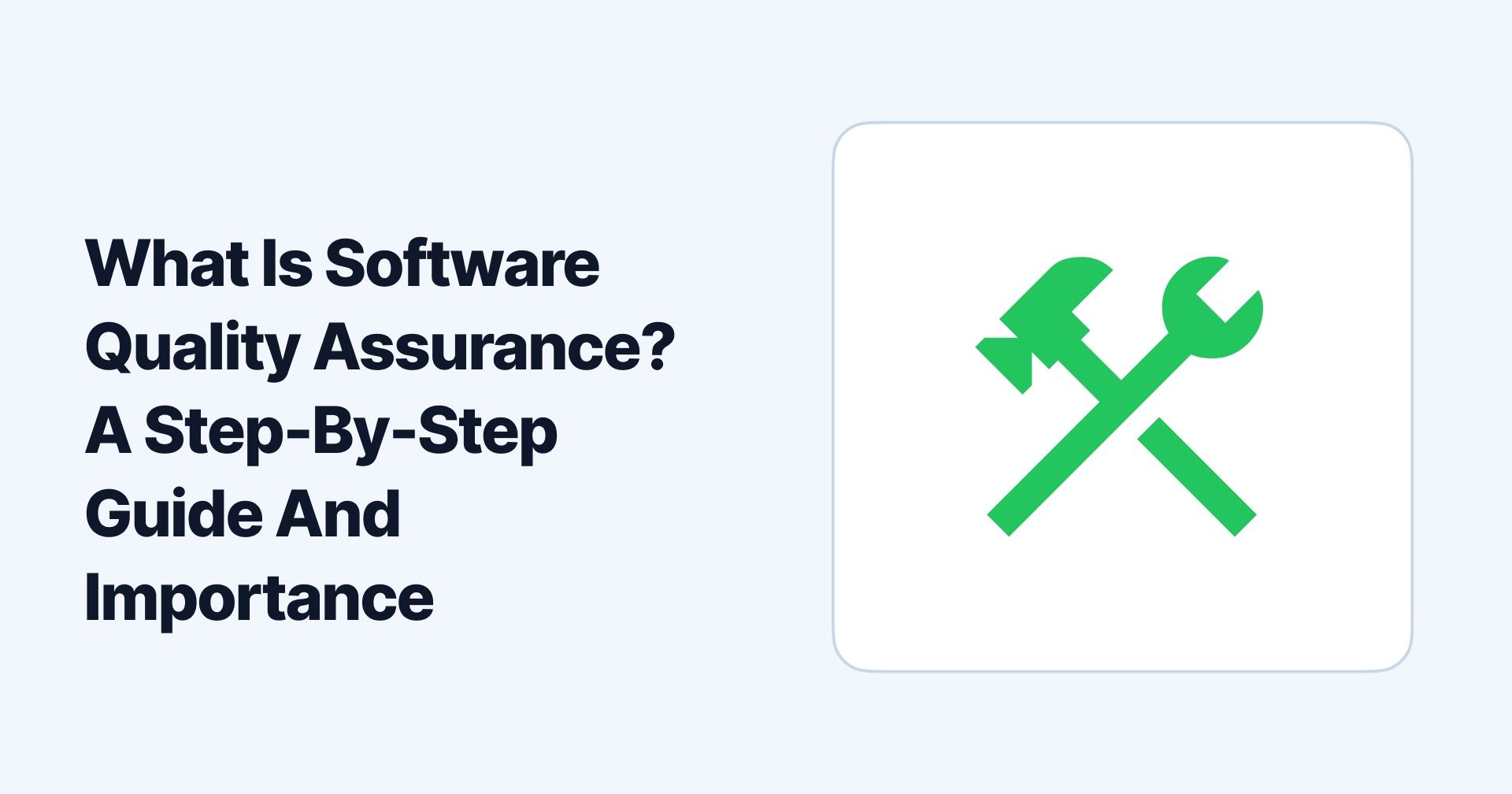
The best code coverage tools for automation testing: Qameta's Allure TestOps.
Maggie Ferris
Jan 10 2023
Have you ever wondered how thoroughly automated tests have tested your software or any other tech product? For that measure, you need code coverage. Code coverage provides you with the extent of how thoroughly automated tests have tested your software.
But for code coverage, you need proper code coverage tools for automation testing. Code coverage tools generate reports showing the percentage of code lines, branches, and the methods applied by the automated tests.
These reports help the testers identify the areas of the code which are not covered by their tests.
Uncovered areas of the code can lead to defects and some potential bugs in software, and you for sure do not want that for your software product because this will ultimately harm your business.
What is code coverage?
Code coverage is a measure to identify the degree to which the automated tests execute the software's source code. It measures how much of the code is being run by the tests.
Code coverage can be measured at levels like branch coverage, statement coverage, path coverage, etc. The code coverage reports provide information on which parts of the code are exercised by the automated tests and which parts are not.
The reports help the testers identify the areas not tested by the automated tests and then improve the quality of their tests. For example, a higher code coverage indicates that the software is at a higher rate.
This is all done by code coverage tools for automation testing.
What are code coverage tools for automation testing?
The primary use of these tools is to measure how much the automated tests are exercising your software's source code. This measure is generally shown in the reports generated by the code coverage tools.
Using a code coverage tool, you can ensure that your automated tests are thorough and cover all your code paths. This helps in improving the quality of the software. It also boosts the reliability of the software.
Code coverage tools can also help to optimize the testing process by pointing out unnecessary or redundant tests. One tool for you for code coverage for automation testing is Allure TestOps.
What is Allure TestOps?
Allure TestOps is a software quality management platform developed and maintained by Qameta.io, a software company that provides tools and services for software quality assurance and testing.
It is also a test management and reporting tool that allows teams to centralize their test results and collaborate on testing activities. It is built on the open-source Allure Report, a robust test reporting tool for various automation frameworks.
Allure allows you to generate interactive and easily understandable reports for your test results, which can help you to analyze and understand the results more effectively. Allure gives you the option of both automatic and manual testing.
Allure is an open-source framework compatible with testing frameworks like JUnit, TestNG, and Cucumber. It supports programming languages like Java, Python, Ruby, and JavaScript.
Allure reports provide detailed information about test execution, including step-by-step logs, screenshots, and video recordings. Allure has gained popularity among testers and developers due to its simple interface, features, and customizable reporting options.
Allure's popularity has also led to the development of plugins for various Continuous Integration (CI) tools like Jenkins, TeamCity, and Bamboo, which makes it easier for testers to integrate it into their automation testing process.
In addition to Allure, Qameta offers a range of other testing-related tools and services, including Zebrunner, an enterprise-grade test automation reporting and analytics platform, and Test Automation Accelerator, a platform that provides ready-to-use test scenarios for various applications and systems.
Features of Allure TestOps
Allure TestOps provides various features to help your team manage its testing efforts more effectively and efficiently—some of the features I have mentioned below.
- Test reporting and analytics:
Allure TestOps provides detailed test reports that offer insights into testing progress and quality. Your team can view information on test case execution, test run history, and defect tracking.
The platform can also provide analytics to help your team identify trends and improve testing processes.
- Customization and flexibility:
Allure TestOps is highly customizable. It allows your team to tailor the platform to specific needs. With Allure, Your team can create custom fields, workflows, and reports and integrate them with third-party tools.
- Test case management:
Allure TestOps can enable your team to create and manage test cases within the platform. This includes defining test steps, expected results, and test data. You can also organize test cases into suites and assign them to specific testers.
- Integration with automation frameworks:
Allure TestOps can integrate with popular automation frameworks such as Selenium, Appium, and JUnit. This allows your team to import test results directly into the platform, eliminating the need for manual reporting.
- Collaboration and communication:
Allure TestOps provides tools for your team to collaborate and communicate on testing activities. You can share test results, comment on test cases, and assign tasks to specific team members.
- Test execution management:
Allure TestOps can provide a dashboard for your teams to track the execution of their automated tests. This includes information on the status of test runs, the number of tests passed and failed, and any defects found.
Your teams can also schedule automated test runs to be executed at specific times.
- Metrics and KPIs:

With Allure metrics and KPIs, you can create targets, review your software's status and follow up the process using Allure TestOps analytics. You can also create your own set of KPIs using an Allure query language.
- Live documentation:
Allure can also update your test documentation based on your test results tracking and analysis.
A centralized hub for test results: Allure is central for you by linking manual and automated testing, enhancing your productivity. It helps you get instant insights into the test coverage.
How does Allure TestOps help you with code coverage for automation testing?
Here's how Allure TestOps helps you with code coverage for automation testing;
- Test Failure Analysis:
Allure TestOps provides detailed reports on test failures. By analyzing these reports, you can identify the cause of the loss and update the tests to cover the failing scenarios, increasing code coverage.
- Integration with Test Automation Tools:
Allure integrates with popular test automation tools like Selenium, Appium, etc. This integration enables the automatic reporting of test results, including code coverage, to Allure TestOps, saving you time and effort.
- Test Case Management:
Allure TestOps allows you to manage your test cases in one place. With centralized test case management, you can ensure that all the necessary test cases are executed and code coverage is achieved for all the features.
- Test Execution Analysis:
Allure TestOps provides detailed reports of test execution, including the test results, execution time, and code coverage. With this information, you can identify the untested parts of your software and improve your tests to cover those areas.
How is Allure TestOps ultimately beneficial for your business?
These are the ways in which Allure TestOps can ultimately help your business.
- Increased Efficiency:
Allure can help businesses improve their testing process, reduce testing cycle times, and deliver higher-quality software products. This can result in faster time-to-market, increased customer satisfaction, and improved business agility.
- Improved Visibility:
Allure offers real-time reporting and analytics capabilities, providing teams with insights into test results, trends, and performance metrics. This can help identify issues early on, make data-driven decisions, and improve efficiency.
- Better Collaboration:
Allure provides a centralized location for test case management, execution, and reporting, making it easier for teams to collaborate on test cases, plans, and results.
This can help improve communication and coordination between testers, developers, and other stakeholders, leading to better outcomes.
- Customization:
Allure offers customizable dashboards, reports, and workflows, allowing your business to tailor the platform to specific needs and requirements. This can help you adapt to changing market conditions and meet the evolving needs of your customers.
- Reduced Costs:
Allure can help your business reduce testing costs by identifying and fixing issues early in development. This can prevent costly defects from being introduced into the production environment, reducing the need for expensive rework and customer support.
Pricing

Allure TestOps offers two types of pricing plans for you;
- $39/month/user, hosted on the cloud infrastructure of Allure TestOps.
This plan comes with features like included 60 GB storage, secure AWS hosting, and monthly or annual billing.
The point to be noted about this plan is that the billing price decreases with the increase in the number of users; for subsequent 31 to 50 users, it's $36/month; for subsequent 51 to 100 users, it is $34/month and so on.
- $30/month/user, hosted on the server located in-house.
This plan includes features like private services integration, quarterly or annual billing, and complete control over your instance. A minimum of five users are required to use this price plan.
Like the $39/month/user plan, the billing price in this plan decreases with an increase in the number of users.
Allure also provides additional discounted corporate plans. These plans are only on a quote.
Of the plans mentioned above, you can get a fourteen-day free trial for the $39/month/user plan and a thirty-day free trial for the $30/month/user plan.
Conclusion
For the best code coverage for automation testing, you need the tools, and not just tools but the best code coverage tools for automation testing. Because with these tools, you can correctly identify the flaws or bugs in your software program.
Defective or flawed software will ultimately harm your business goals. If put into the market, that faulty software can break your business, tarnish your brand's public image, and reduce users' trust.
You need detailed reports and analytics to identify the problem and increase your software program's quality and reliability. But this is only possible with proper tools.
For this purpose, I suggest you one of the best code coverage tools for automation testing.
With features like live documentation, a centralized hub for test results, integration with automated frameworks, and more, Allure TestOps is the best code coverage tool for automation testing. By using Allure TestOps and staying updated with changes and additions to the platform, testers can ensure they get the most out of this valuable tool. Get your free trial now!


